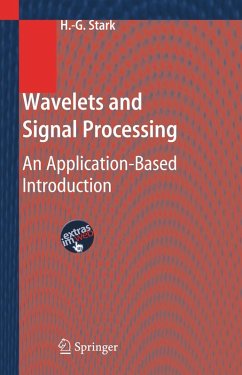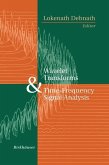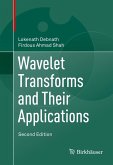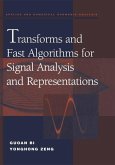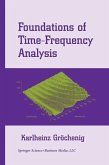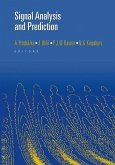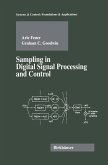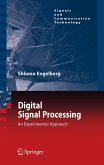As the applications of wavelet transform have spread to diverse areas of signal analysis and compression, students and practitioners need a practical introduction and overview. This textbook provides that concise and practical introduction to the underlying foundations and important applications. Through numerous examples and case studies from industry, it demonstrates both the potential and the limits of wavelet techniques, expanding the usual treatment beyond the discrete wavelet transform to the continuous transform. Providing the basics of Fourier transforms and digital filters in the appendix, the text is supplemented with end-of-chapter exercises, MATLAB code, and a short introduction to the MATLAB wavelet toolbox. Students of electrical engineering and engineers in industry can benefit from the concentration on real applications.
Dieser Download kann aus rechtlichen Gründen nur mit Rechnungsadresse in A, B, BG, CY, CZ, D, DK, EW, E, FIN, F, GR, HR, H, IRL, I, LT, L, LR, M, NL, PL, P, R, S, SLO, SK ausgeliefert werden.

